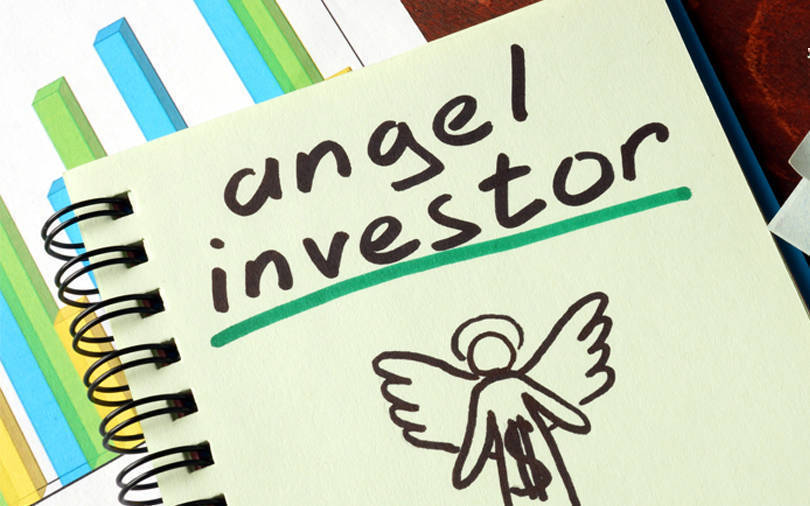
Industry bodies join hands to push for angel tax breather


Industry bodies associated with startups and investors have come together to make representations to the government in a bid to resolve the contentious issue of angel tax.
Despite the Central Board of Direct Taxes issuing a directive in December stating that no coercive measures would be taken for recovery of 30% tax from startups, several such companies continued to receive notices from assessing officers.
Representatives from industry body Indian Private Equity & Venture Capital Association (IVCA) and VC consortium Indian Angel Network (IAN) put together a list of around 80 startups impacted by these notices and have reached out to the Department of Industrial Policy and Promotion (DIPP).

As per Section 56(2) of the Income Tax Act, money raised by unlisted companies through equity issuance from friends, family and angel investors is deemed as taxable ‘income from other sources’, resulting in an effective taxation rate of 30%.
However, for the exemption, the fair value of equity shares of the company has to be computed by a merchant banker in accordance with the law. Startups are also required to apply for certification under Section 56 to be submitted to the DIPP, which is subsequently approved by an eight-member inter-ministerial board.

A number of startups told TechCircle that the board meets once every three to four weeks, leading to a long queue of those seeking certification. Of the list of companies submitted by the industry bodies, only two were found to be certified by DIPP.
IVCA president Rajat Tandon said the body has been in touch with the DIPP and made a representation to Union commerce minister Suresh Prabhu in this regard.
“We understand that it might be difficult for startups to source income tax returns/net worth of investors and have requested the regulators if only the PAN details of angel investors can suffice,” said Tandon. “Not all startups can afford merchant bankers to assess the fair value of shares under the Income Tax Act, hence the provision for chartered accountants should be included.”

IVCA has also requested that an exemption from angel tax should be extended to all investments made by Category I and II alternative investment funds in portfolio companies. Category-I AIFs comprise venture capital funds, infrastructure funds and social venture funds, while Category-II AIFs include private equity funds and debt funds.
He added that all industry bodies associated with startups, entrepreneurs and angel investors have made representations to DIPP, which has been actively seeking inputs on issues to be highlighted with the CBDT.
Some of the representations were also made by the bodies in April, soon after the DIPP came out with the amendment for tax exemption to startups.

Angel tax has long been a contentious issue for early-stage startups. In the past as well, several startups had been hit with tax notices over funds raised from friends, family, angel investors or angel networks not registered with the markets regulator or as Alternative Investment Funds (AIFs) and if the infusion was higher than the company’s fair market value.
